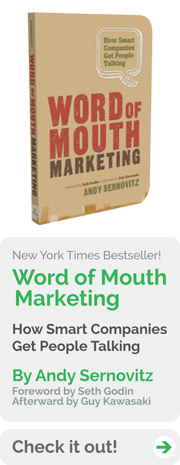3:10 — Kurt Vanderah introduces GasPedal’s CEO, Andy Sernovitz.
3:12 – Andy: It’s all about trust. Anyone can buy ads – the best copy in the world doesn’t matter unless people like and trust you. This travels far and wide. It makes you a social media success. It is not something you do later – this is the first thing, the foundation on which you build your program. You will never be successful unless this is the foundation. And it’s easy to do.
3: 14 – The difference between honesty and sleazery is the simple concept of disclosure. It’s the root of the issue. This is the law – not debatable. FTC has made these rules clear.
3:16 – Just because it’s social media doesn’t give you a free pass – it’s not a loophole. People think it’s okay to work around this. It isn’t; you’ll get caught, humiliated. It’s easy because they have told us exactly what we need to do.
- Require disclosure and truthfulness in social media outreach.
- Monitor the conversation and correct misstatements.
- Create social media policies and training programs (teach rules #1 and #2).
3:18 – Andy discusses his own rules.
- Never pay cash to someone to endorse. This tarnishes trust from customers.
- Real disclosure every time: My name is ___ and I represent ______.
- Don’t lie to your Mom. It must be clear and understandable to the average reader. They need to be able to tell the difference between organic and sponsored. The ten magic words: I work for _____ and this is my personal opinion. Who are you? You have to tell people you were given something if that’s the case. If someone recruits you, then you must disclose. Were you paid? Is this an honest opinion based on a real experience? These are the rules to stay safe.
3:22 – Andy: The biggest risk is training failure. Andy talks about disclosure and how employees need to be in the know. Create a social media policy and make sure employees learn these rules.
3:24 – Andy talks about social media policy – adding to rules/regulations isn’t such a big deal.
3:25 – Andy: The Disclosure Best Practices Toolkit is an open source document with checklists for every situation. Customize it for your team. Go to socialmedia.org to download.
- Disclosure of identity
- Personal/unofficial blogging and outreach
- Blogger Relations
- Compensation and incentive
- Agency and contractor disclosure
- Creative flexibility.
3: 28 – Andy talks about being careful on who you hire. Your agency reflects you. They must follow your social media policy.
3:29 – Andy: We have the chance to do something good. Raise your standards. Stand up for yourself.
3:30—Andy: Save your brand. Save your reputation. Save your job.
3:31 – Andy: Social media is so important – protect it. If you have to ask, the answer is no. Train your employees/agencies. Keep is awesome.
Q&A
Q: FTC can be vague sometimes… is it up to us as big brands to stand up for ourselves and they’ll go after the outliers?
A: Andy: Yes. Sometimes it’s specific. You can’t ignore the law. Like email: at first we didn’t know, but now we do.
Q: What are the best practices for disclosing?
A: Andy: Everyone is different. No one knows the answer. Start with a good Twitter bio and hashtag. However, the further along the message gets repeated, the disclosure tends to go away. We need to figure out a solution.
Q: A positive review warranted free gift – does that need to be disclosed? Or more of a thank you gift?
A: Andy: That’s fine, but if the bloggers start writing about you… that’s different. When you systematically get people to write on your behalf – that’s different. You must state up front what your policy is (you can keep it, write what you want, or return the product). Have a clear corporate policy and enforce it – communicate this upfront. Use clear and conspicuous disclosure. This has slipped in the world of journalism. Social media is assumed to be uncompensated so when that’s the not the case – it’s important to be transparent.
Q: If someone talks about a product, do they have to disclose that they are being sponsored?
A: Andy: It’s all the same FTC rules, all part of same thing (advertising versus editorial). They should reveal this info.


